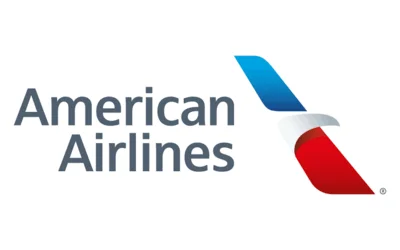"Our AI-powered pricing functionality is designed to enhance our existing fare pricing processes using aggregated data. This technology is a decision-support tool that simply provides informed insights for our analysts, who oversee and fine-tune the recommendations to ensure they are consistent with our business strategy."
Delta President Glen Hauenstein previously discussed "AI-enhanced pricing solutions" during an earnings call but did not mention individualized pricing systems. Media reports suggested otherwise, leading to public scrutiny. Delta has since confirmed that "prices are not targeted to individual consumers," and that the AI system works by optimizing existing fare structures through aggregated—not personal—data.
The airline emphasized its opposition to discriminatory or predatory pricing practices and affirmed compliance with all relevant regulations so that "all customers have access to the same fares." Pricing decisions are influenced by factors such as customer demand, aggregated purchasing data, competitor offers and schedules, route performance, and jet fuel costs.
Delta also noted that customers do not need to log in or provide personal information when booking tickets. The purpose of the AI tool is described as accelerating data analysis processes for fare setting, reducing manual work and speeding up market response times. Key features of Fetcherr’s system include aggregating purchasing data for specific routes and flights, forecasting demand, adapting to new market conditions, and considering thousands of variables at once.
The company said the system remains in testing but has produced "amazingly favorable" results so far. Meanwhile, US lawmakers have introduced legislation called the Stop AI Price Gouging and Wage Fixing Act aimed at preventing companies from using targeted pricing systems similar to those Delta was accused of deploying.
Delta also reported ongoing evaluations of other AI applications across customer service operations, technical maintenance predictions, and crew scheduling efficiency improvements. For example, planned “reservations specialists” would help answer complex questions more efficiently; tech ops systems could predict maintenance needs; crew scheduling tools might better allocate resources.
Other major US airlines have incorporated AI into their operations as well. United Airlines uses large language model technology for flight status updates which has improved customer satisfaction levels; American Airlines is piloting a generative AI customer service agent but CEO Robert Isom recently stated his company would not use AI for price determination.
 Alerts Sign-up
Alerts Sign-up





































